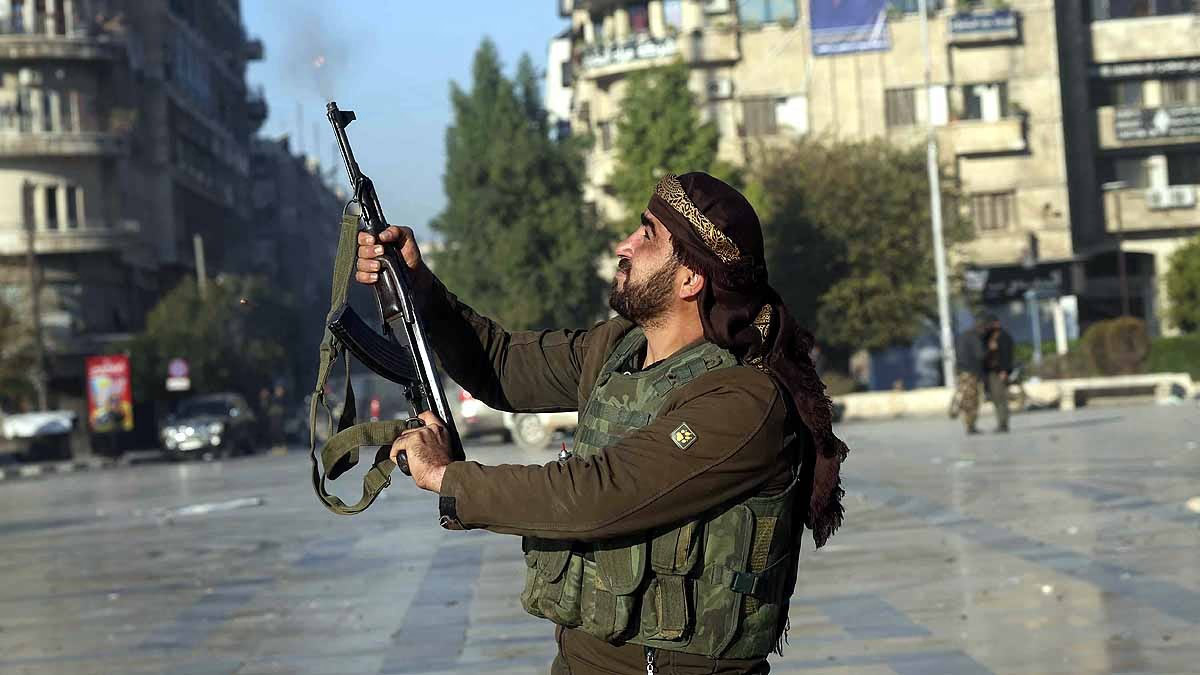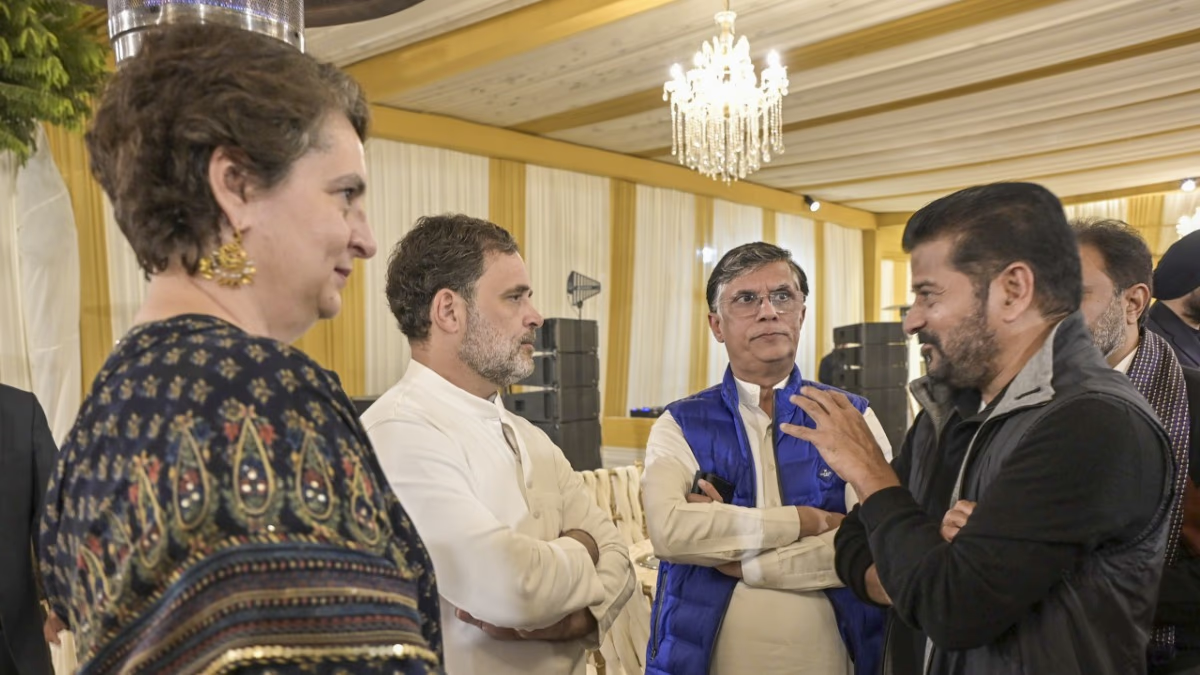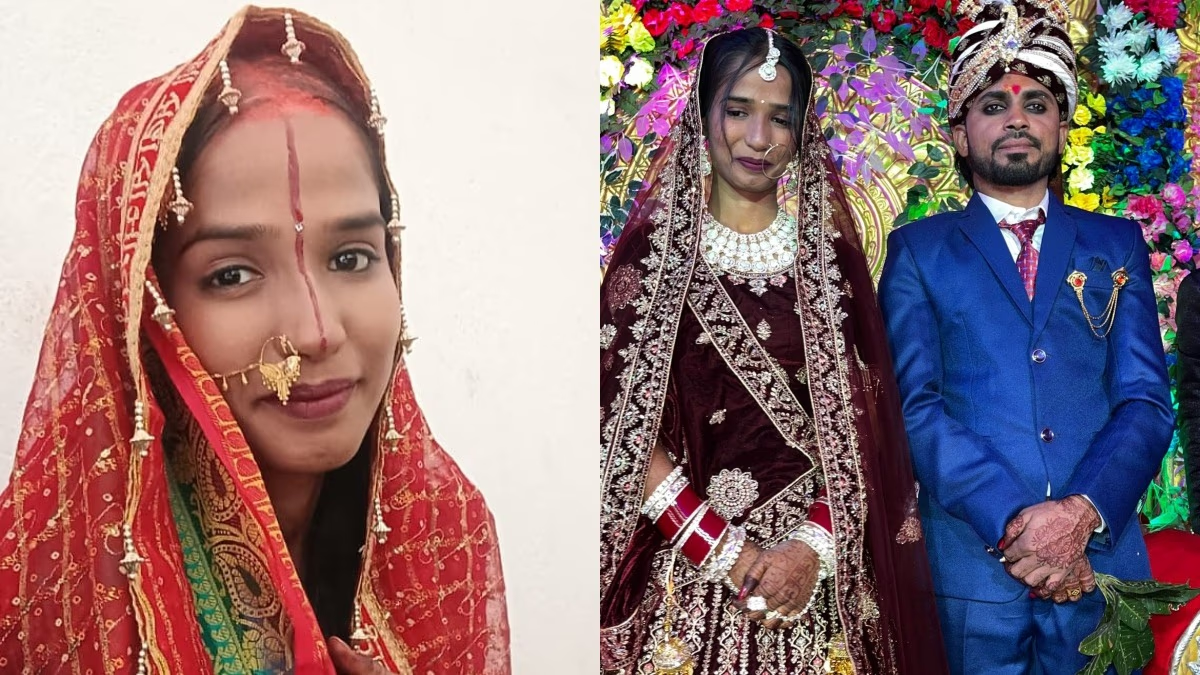A coup has occurred in Syria. President Bashar al-Assad has fled to Russia. But how did this happen? Who is responsible, and why did Bashar al-Assad have to leave the country? It's important to understand. Indeed, in 2011, Syrian citizens also called for the removal of President Bashar al-Assad. His cruel response led to a civil war that resulted in the deaths of over 500,000 people. Thirteen years later, on December 8, Assad fled, and opposition fighters took control. Yet, the reality is that even after seizing power, it's proving challenging for the rebels to govern the country. To understand why, let's delve into the full story of the rebellion...
The Story Changed on November 27
For nearly eight years, the Syrian civil war saw stable fronts, with Assad's government ruling most of the country, backed by Russia and Iran, while various opposition groups retained control in the north and west. However, on November 27, the story changed when the Islamist group Hayat Tahrir al-Sham (HTS), which had ruled the Idlib province for five years, seized 13 villages. In just a few days, they captured Syria's second-largest city, Aleppo, Hama, Homs, and eventually Damascus.
How Did HTS Succeed?
HTS's success is attributed to the diminished presence of Iran and Russia in Syria. Iran, on one hand, is engaged in conflicts with Israel, while Russia is involved in a prolonged war with Ukraine. Consequently, they couldn't focus much on Syria's situation. Experts compare the capture of Damascus to the fall of the Afghan government, as the military surrendered without resistance.
Why Did the Army Surrender?
Observers say that widespread corruption in the military and fatigue from the prolonged civil war forced them to surrender. HTS leader Abu Mohammad al-Julani recently told CNN this success was due to their training of fighters to conduct operations professionally.
The President Fled the Country
As soon as HTS-led rebel groups entered the capital, President Assad, who had been ruling Syria since 2000, fled the country.
What is the political situation in Syria after Assad's departure?
The largest area is under the control of the Syrian Democratic Forces (SDF), which are supported by the United States and control regions in the west and northwest inhabited by Kurds. In the north, which borders Turkey, there's the Syrian National Army backed by Ankara, controlling a larger area than the HTS-held regions.
After capturing Damascus, HTS has become the most important force in Syria and is believed to control areas previously governed by the Assad regime. However, this portrayal is too simplistic due to ongoing battles for influence among armed groups in a complex region like Syria.
Read Also: Assad's Departure, Jolani's Rise... Rebels Script a New Era in Syria
In the south, local militia groups have established control over Sweida and Daraa. The Syrian National Army participated in this attack with HTS, but they have had differences in the past, and their interests remain distinct.
What's Next?
The future of the Syrian people is a complex question. However, HTS is expected to play a central role in any political power in Damascus. Whether the SDF or Turkey-backed Syrian National Army will collaborate with HTS-led groups to form a government remains to be seen.
However, there's deep animosity between these three groups. For instance, after HTS seized Aleppo, members of the Syrian National Army killed several people in areas controlled by the SDF.
Syrian Prime Minister Ghazi al-Jali stated that he is ready to cooperate with opposition groups for a peaceful transfer of power. HTS leader al-Julani has discussed plans to form a government run by institutions based on a 'council' elected by the people. He has promised security for minorities but emphasized that governance will be based on Islamic principles.




